
 Helen Ledwick
Helen Ledwick
When Helen Ledwick typed "why do my insides feel like they're falling out" into Google a decade ago, she had no idea that search would mark the beginning of a life-changing journey.
The former BBC 5 Live journalist and podcaster was experiencing pelvic organ prolapse - a condition that affects around one in twelve women, but which many have never even heard of.
Prolapse happens when one or more of the organs in the pelvis, such as the bladder, bowel or uterus, slip from their usual position and bulge into the vagina. It's not life-threatening, but it can have a profound impact on daily life, relationships and mental health.
For Helen, the shock came just two weeks after a difficult birth with her second child.
"I stood up from the sofa and suddenly felt things shift," she recalls. "It felt like when a tampon isn't sitting properly, you can feel something's not right."
Confused and frightened, she grabbed a mirror and her phone to see what was happening.
"I'd never even heard the term prolapse before," she says, and since talking openly about it she's realised it's often a "taboo" subject despite being very common.
Helen believes the shame and stigma surrounding it has led to a lack of awareness among women and health professionals - something she's now fighting to change.

 Helen Ledwick
Helen Ledwick
Helen says her diagnosis, confirmed by a doctor, brought confusion and fear as she was "hoping for an explanation, fix or some sense of urgency, instead I got a shrug of the shoulders."
The initial advice she was given was to not do anything that could make it worse such as running, jumping or lifting.
"It kind of felt like the advice was don't live your life," she says.
Perhaps more debilitating than the physical symptoms was the isolation Helen felt.
"You live with it in embarrassment, silence, shame and isolation," she explains. "Because you don't talk about it, you think you're the only person in the world it's happened to."
Helen initially ventured onto Instagram to seek support. Finding other people on the social platform who were similarly anxious and confused and in some cases too embarrassed to seek help prompted her to eventually launch a podcast and write a book, Why mums don't jump.
Her goal was to create a platform for women to share stories and break the silence around pelvic health.
"I was angry because no-one ever talked about it. So I decided I would.
"I wanted to give women the knowledge that I'd found so hard to come by, and comfort in knowing they were not on their own."
Dr Nighat Arif, a women's health specialist, says Helen's experience is far from unique and issues can arise as symptoms aren't always obvious.
"Sometimes physically there isn't a lump to see, there's just a feeling of pressure and it might be in the lower back, at the front or slightly higher up near your belly button," she explains. "The symptoms can also be more pronounced during sex which is again massively taboo."
Prolapse can happen for a variety of reasons including childbirth, heavy lifting, being overweight or even after a hysterectomy. And in rare cases, it can affect men too.
Pelvic floor exercises and lifestyle changes can help to improve symptoms, but sometimes medical treatment is needed such as vaginal pessaries or surgery.
Gynaecologist Dr Christine Ekechi says women with prolapse may notice a swelling or a lump within their vagina "as essentially what has happened is that we have weakening of the ligaments within the pelvic floor that can move for example the bladder".

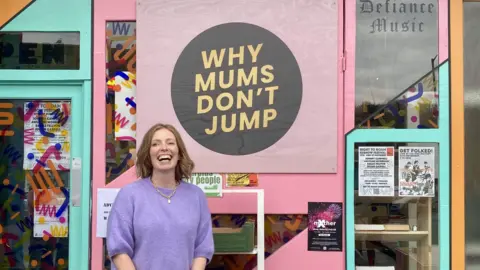 Helen Ledwick
Helen Ledwick
Helen says what began as a lonely Google search 15 years ago, has now become something far more powerful, helping women to recognise when there is a problem and seek help.
In her case, recovery has been slow, but transformative.
"For me it's been a long process of building up slowly, doing postpartum [immediately after pregnancy] exercises, building up some strength work."
Eventually she saw a physio who helped her to start running again. Helen says this was "a massive moment because I really thought that was something I would never do again."
Now, Helen is doing more than she ever thought possible and has signed up for a 10k run.
"I feel good and I've learned how to manage my symptoms. I've still got prolapse, but it doesn't rule my life in the way that it once was.
"I feel like I'm kind of winning the battle."

 German (DE)
German (DE)  English (US)
English (US)  Spanish (ES)
Spanish (ES)  French (FR)
French (FR)  Hindi (IN)
Hindi (IN)  Italian (IT)
Italian (IT)  Russian (RU)
Russian (RU)  10 hours ago
10 hours ago

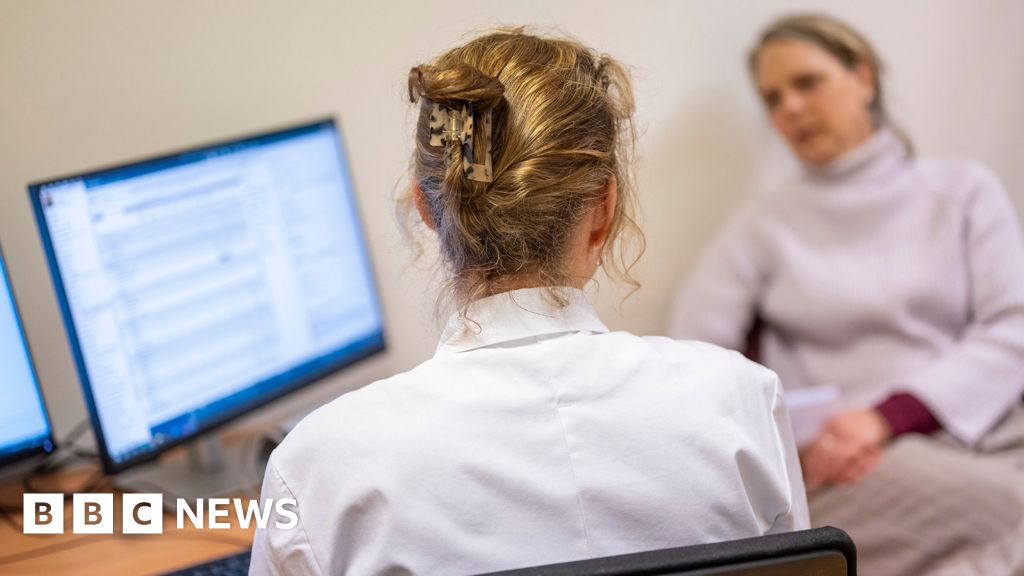
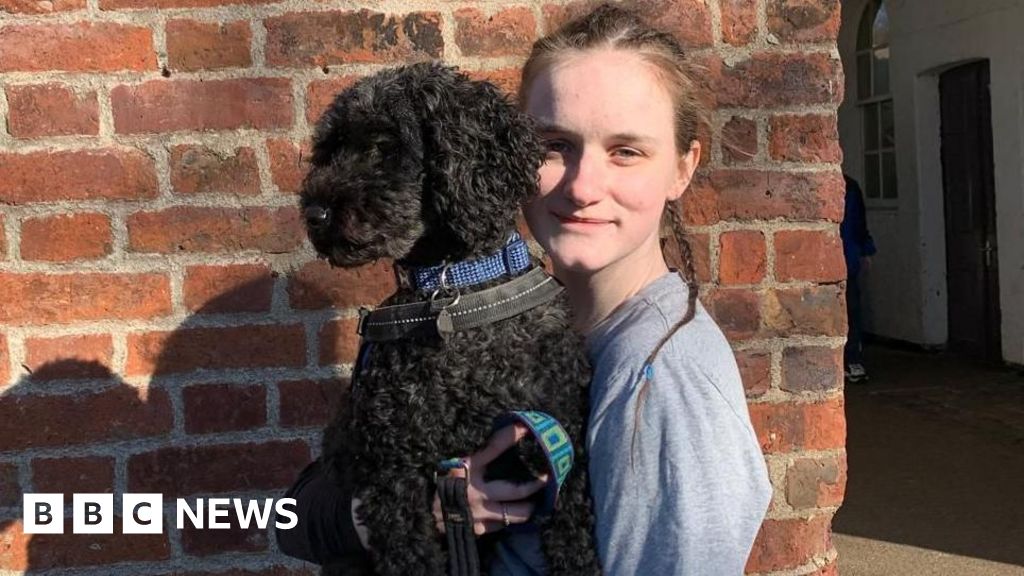




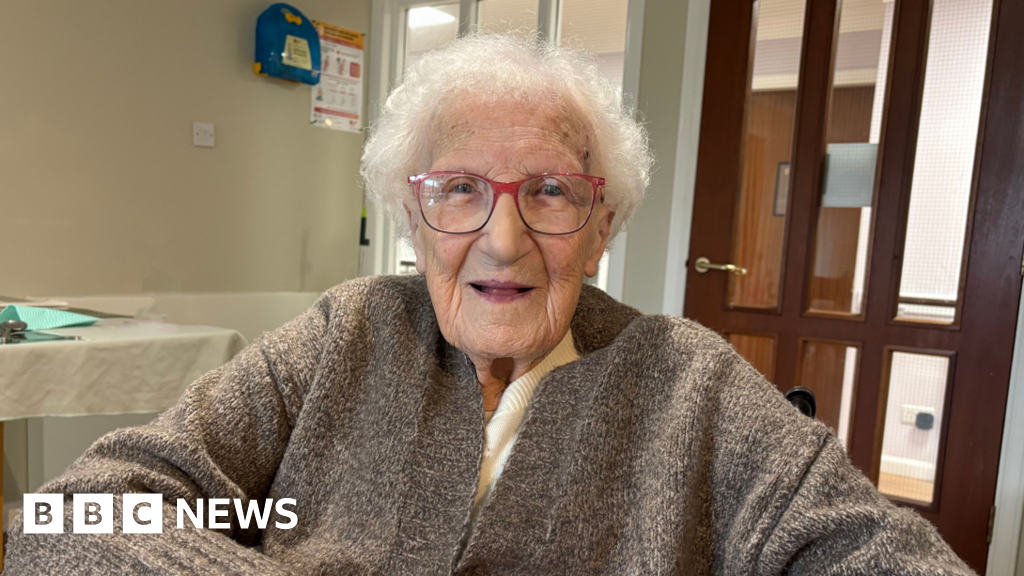
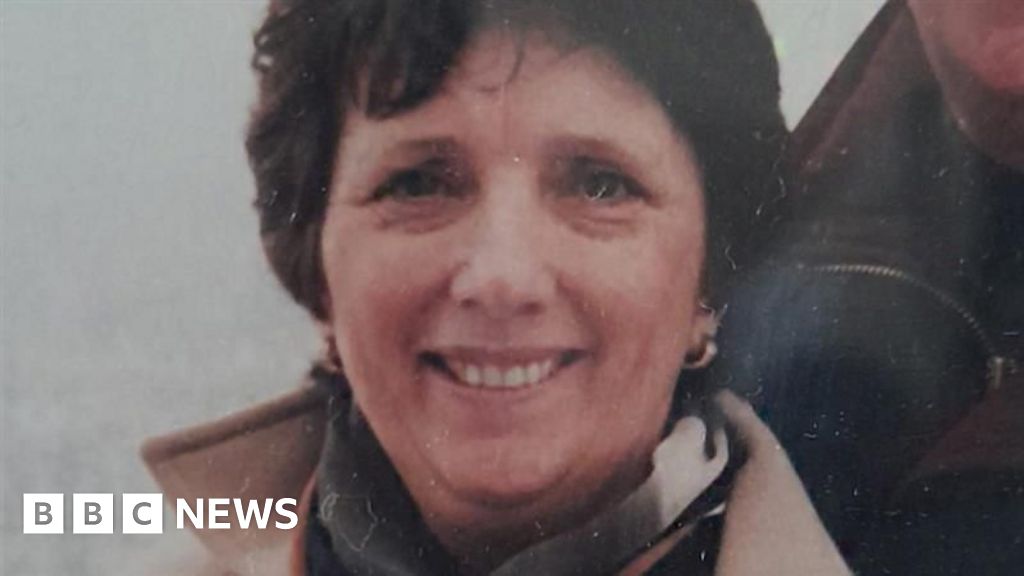
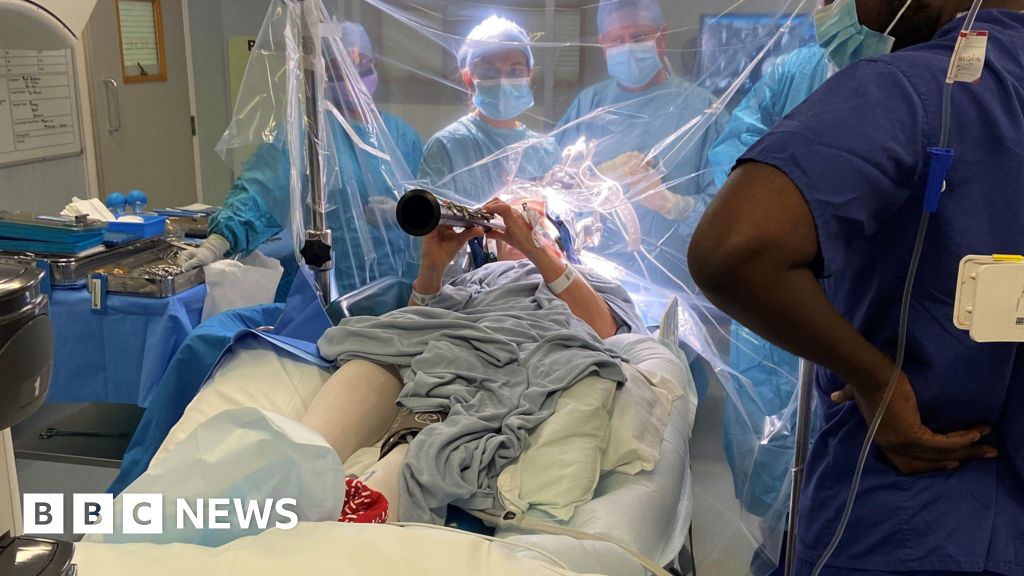

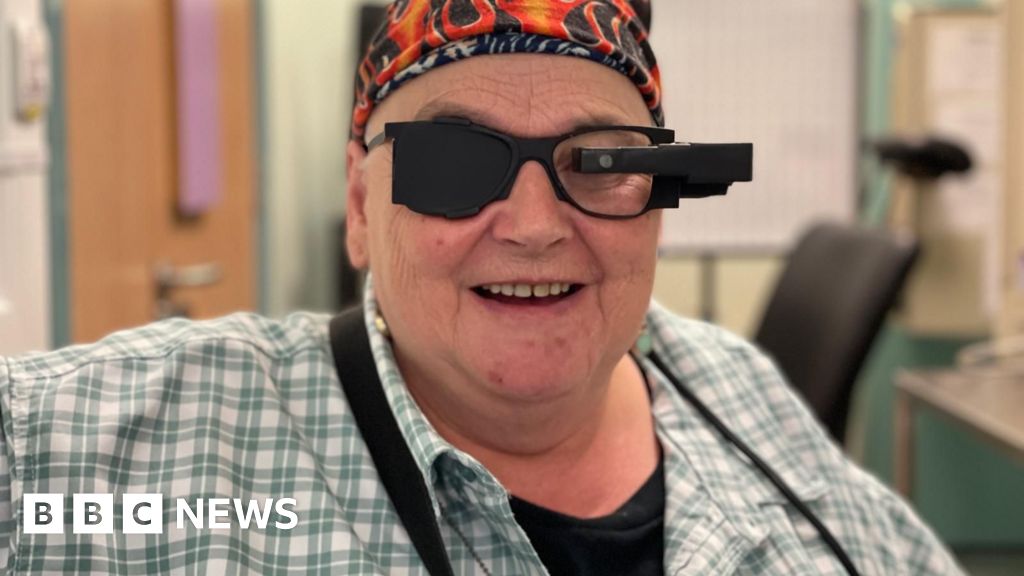












Comments